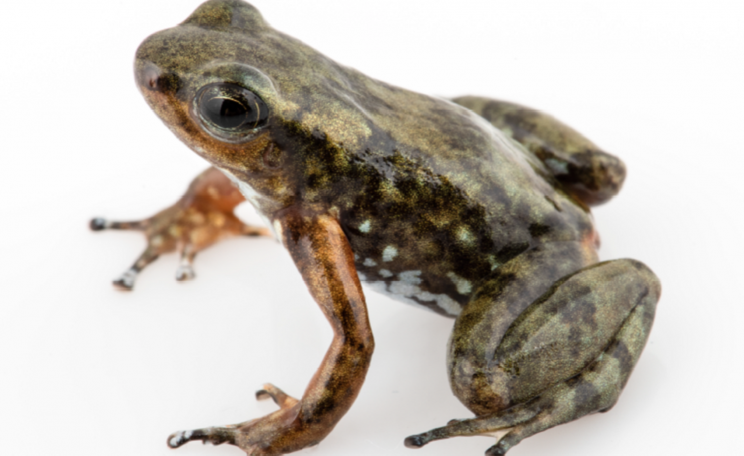We are going to pursue Chevron's assets … until the last cent of the award is paid.
Nine children aged between seven and 14 who live in the contaminated lands of Sucumbios in the Ecuadorian Amazon have taken their government to court in a landmark case which is awaiting resolution after the lockdown.
The state owned Petro Amazonas and the Ministry of the Environment are on the receiving end of the action with the children demanding the cessation of all gas flares in their villages which contaminate the Amazon air they breathe.
They are being supported by UK environmentalist Nicola Peel, who is in the vicinity researching the effects of the oil industry on indigenous people and the environment. She and local lawyer Pablo Fajardo accompanied the nine children who handed in the legal demands to the courts at the end of February.
Advocacy
Pablo Fajardo is the lead lawyer in the 26 year, $9.5bn damages case against Chevron Texaco over the dumping of more than 18 billion gallons (68 billion litres) of oil and toxic waste in the Ecuadorian Amazonia region, where the company operated for over 25 years (1964-1990).) The film Crude (2009) is based on the case.
The children couldn’t ask for a better advocate if Fajardo’s fighting spirit is anything to go by: “We are going to pursue Chevron's assets … until the last cent of the award is paid.” The multinational corporation denies liability claiming Texaco (bought by Chevron in 2001) invested $40m in cleaning up the operations areas.
We are going to pursue Chevron's assets … until the last cent of the award is paid.
In this more recent case Peel explained: “We are awaiting the outcome and it will be after the lockdown.
“We must speak out about the climate emergency we are experiencing and challenge the oil companies and governments who are allowing this to continue. These young children are those who are most affected.
“They have amazed me with their knowledge and have been speaking eloquently about how unfair the flares are and the serious effects on health in their families.”
Pollution
A film-maker as well as environmentalist, Peel has footage of off-gassing - a by product of the oil industry where flares containing highly polluting methane gas erupt from a vertical gas pipe straight up into the atmosphere - just metres from an oil well head in the middle of the residential area of Shushufindi with no protection for families nearby.
Peel added: “This is an explosion waiting to happen."
There are 447 gas flares in the Ecuadorian Amazon including 79 active flares within the Yasuni World Biosphere Reserve, which is deemed the most biodiverse area on Earth.
The flares also contain sulfuric acid (which is responsible for acid rain), heavy metals, radioactive substances and hydrocarbons. This form of contamination is not only a death knell for local people but can travel for 300km or more. During torrential tropical downpours the flares can go out which means they continue spewing unburnt gas, which has greater environmental toxicity.
The impacts are plain to see with one of the highest cancer rates in the world, especially in children; respiratory problems, severe headaches and skin complaints.
The concomitant air pollution also means agricultural crops are blighted with damaging effects on biodiversity including insects dying each night attracted by the light.
This Author
Jan Goodey is an environmental journalist who contributes regularly to the Resurgence & The Ecologist.







